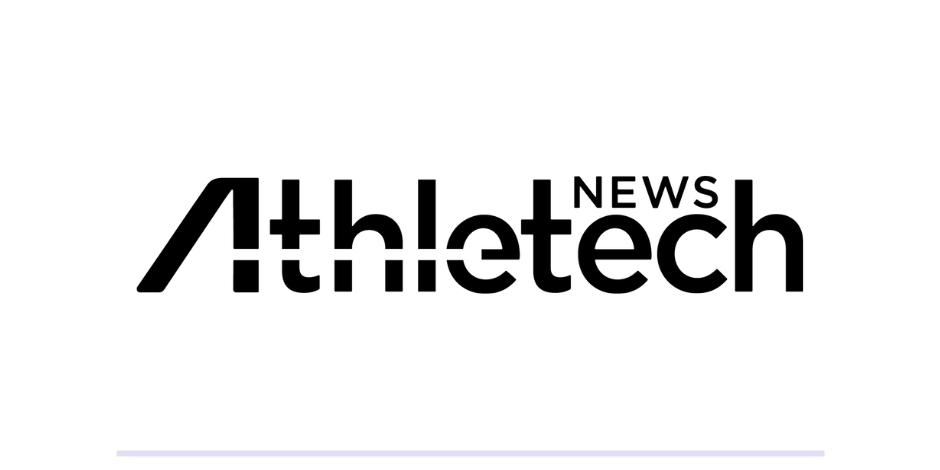Athletech News Mentions First Insight | The Playbook: Price Sensitivity, Tech Trade-Downs, Are Changing the Game for Retailers
Two recent consumer trends reports reveal a significant shift in the mindset of today’s shoppers, who are becoming increasingly price-sensitive. Aside from concerns over rising prices, a report from First Insight also showed the potential impact of tariffs on consumer loyalty to retailers and brands.
And research from Circana revealed an expected pullback in higher-priced technology products, which includes a shift toward more retro-style products.
In the First Insight report, titled “Tariffs & Trust: Why Retailers Risk Loyalty with Price Hikes,” researchers found that shopper loyalty comes with a cost. The study also showed a disconnect between how consumers feel about price increases and how retail executives will respond.
The study was based on a survey of 306 CEOs, CFOs and COOs from major retailers and brands along with 3,393 consumers in the U.S., U.K. and EU.
“The study reveals that, even though 68 percent of brand and retail executives expect a negative reaction from customers — and 73 percent of consumers confirm they would be frustrated by price increases — 83 percent of executives plan to raise prices anyway,” the report’s authors said. “Consumers say they’ll respond to retailers’ decisions with either increased loyalty or decreased trust: Nearly 80 percent would feel more loyal to brands that absorb tariff-related increases, while nearly three in four would abandon their favorite brand for a cheaper generic if retail prices rise.”
According to First Insight, however, customers’ trust and loyalty are “not solely a function of brands’ and retailers’ ability to preserve pricing when faced with market forces beyond their control.”
The study found that to maintain customer loyalty while navigating circumstances that put their margins at risk, “77 percent of surveyed executives have preemptively communicated price increases directly with customers.”
And for those retailers and brands currently planning to issue blanket price hikes, The Playbook move First Insight recommends is that “they instead engage customers directly to gain insights on what they’d be willing to spend and what pricing would be a dealbreaker on products across categories. The resulting insights can inform more nuanced pricing strategies.”
Here are some of the key findings from the report:
- Consumer Sensitivity to Price Increases: Nearly one-third of shoppers (30 percent) say any price increase could prompt changes in their spending habits. Consumers are susceptible to even the smallest uptick in costs.
- Skepticism About Price Justifications: Only 24 percent of consumers polled fully attribute rising costs to tariffs, with many suspecting retailers and brands of using tariffs as an excuse. However, 54 percent believe that government policies are the root cause of price increases.
- Consumer Expectations of Retailers: Retailers that raise prices can maintain loyalty by taking two key actions: communicating transparently about why prices are rising, and offering programs to offset costs such as loyalty rewards or discounts.
- Brand Loyalty Tied to Absorbing Costs: Brands that absorb price increases stand to gain strong consumer loyalty, with 79 percent of respondents indicating that they’d remain most loyal to brands that shield them from higher prices.
- Holiday Shopping Shifts Expected: Retail executives foresee notable changes this holiday season, with 92 percent anticipating challenges such as reduced consumer spending (56 percent), shipping/logistics problems (53 percent) and product shortages (40 percent).
- Most Affected Retail Categories: Should price hikes persist, shoppers say they will first cut back on spending in the following categories: home goods and furniture (54 percent), apparel and fashion (53 percent) and electronics/tech (50 percent).
“We can hear shoppers’ voices loud and clear, and now is the time for retail executives to put what they’re saying to work,” said Greg Petro, CEO of First Insight. “While most retailers won’t be able to avoid raising prices altogether, unilateral price increases are a surefire way to lose customer confidence and trust.”
“There are more informed ways of approaching pricing strategies and offsetting the burden on customers,” he added. “Customers are forthcoming about what they’ll spend, what they’ll buy, and where they’ll tap out — retailers simply need to engage them and communicate what they’re up to every step of the way.”
Read full article on Athletech News.
















